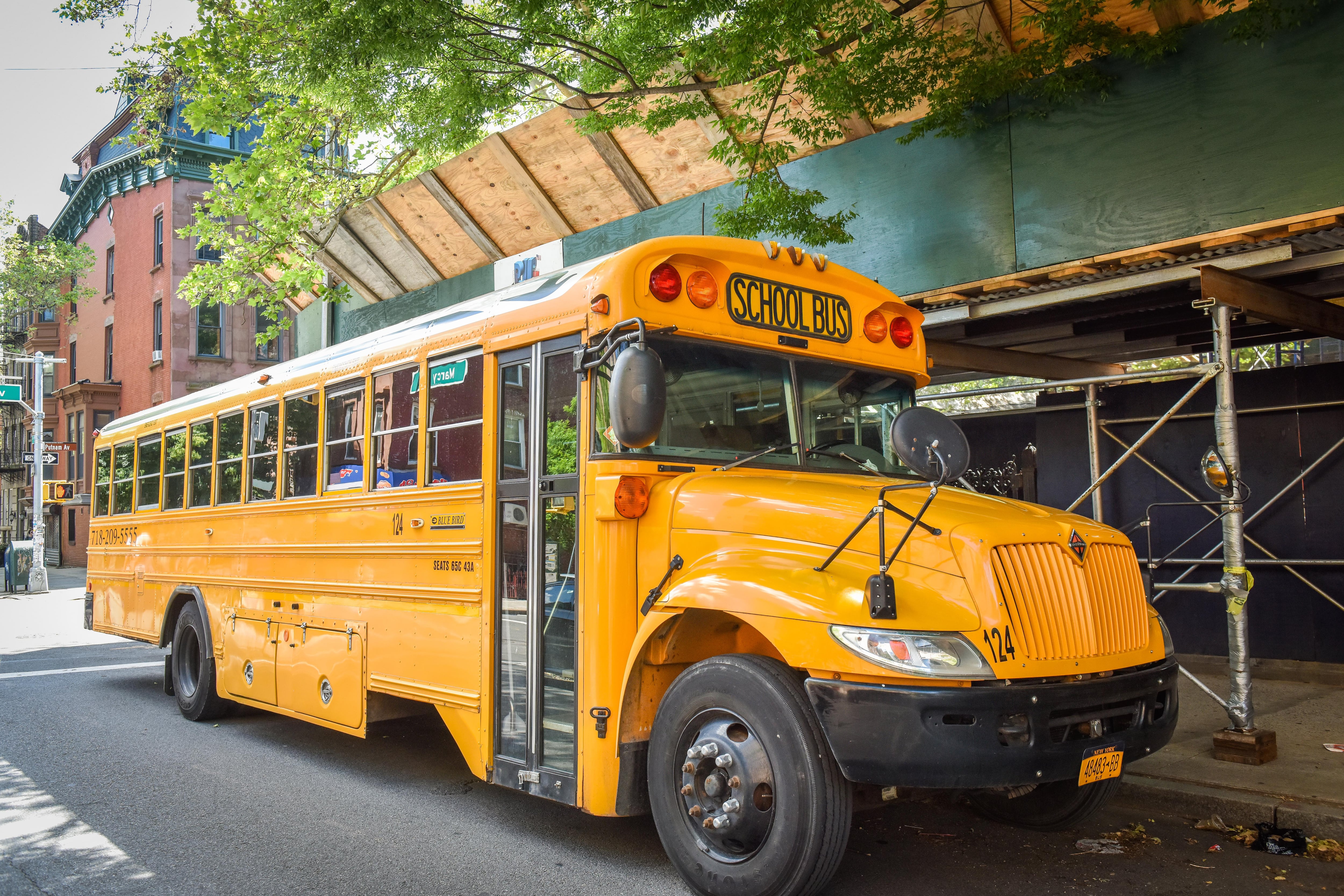The closure of school buildings due to the coronavirus has been a challenge for students across the board, but children in foster care have faced even steeper hurdles.
The pandemic, advocates say, has highlighted the need for a senior-level education department staffer to focus full time on this group of students as the city plans for the fall. In a letter sent Wednesday, more than 20 advocacy and legal groups pleaded with New York City schools Chancellor Richard Carranza to appoint “a high-level senior leader focused specifically” on the needs of students in foster care.
“We understand the city is facing a budget shortfall due to the pandemic, but the educational needs of students in foster care raise issues of justice and equity that cannot continue to be overlooked,” the letter read.
Roughly 5,000 of the city’s 1.1. million students are in foster care, and even in typical times many of them struggle. Students in foster care are more likely than their peers to repeat a grade, need special education services, or be suspended, the letter stated. They are disproportionately Black and overwhelmingly from the lowest income areas of the city. Many have experienced trauma.
Children in foster care are legally under the care and custody of the city — not their foster parents, the letter explained. Remote schooling due to COVID-19 created special complications for these children. While they received priority for the education department-issued iPads, many had to wait two weeks or more to get the devices because school officials required signatures from their foster parents, according to the letter. Meanwhile, the process of obtaining remote special education evaluations or teletherapy services was mired in confusion over who could issue consent for children in foster care. There were also questions around who could access students’ online Google classroom or NYC Schools accounts.
“It would be great if someone within that office was tasked solely with looking at students in care as opposed to it being ... a very, very, very tiny part of a few people’s job,” said Erika Palmer, Supervising Attorney for Advocates for Children of New York.
Palmer said students in foster care often don’t get the support they need, noting: “In general, it is a really small group of students ... so their needs do often get overlooked.”
As of now, foster care students are overseen by the Office for Students in Temporary Housing, but there is no one point person who is responsible for responding to concerns from students, families, and advocates about the needs and rights of foster care children, she said.
The organizations behind the letter to the chancellor are demanding that someone dedicated to students in foster care be tasked with streamlining complex processes, such as getting consent for teletherapy.
They are also requesting that the district create a guaranteed transportation system to take children in foster care between their living situations and schools. While school has the potential to be a stabilizing factor when their home life is in flux, foster care children are often forced to change schools because they lack guaranteed transportation. One in 4 students change schools upon entering the foster care system, the letter said.
For its part, the education department hired a foster care transportation liaison about a year ago. That person is tasked with coordinating efforts between the city’s Office of Pupil Transportation, its children’s services administration, and individual schools. Currently, the district only guarantees transportation for students with disabilities who have special transportation mandated on their Individualized Education Programs, or IEPs.
The city places children in foster care on existing yellow bus routes. When that’s not possible, students receive MetroCards to use public transportation, but that’s not always ideal, said Chantal Hinds, an attorney for Advocates for Children.
“If that child was very young, how are they going to navigate public transportation on their own when foster parents are working and frequently have more than one foster child that they have to get to and from school?” Hinds said.
In the past, the education department signaled that it would do more to ensure students in foster care were participating in academic enrichment and mentoring programs. This cohort was a “priority” for the 2019-20 year, a spokesperson for the DOE said last year.
But the education department hasn’t done enough, the letter stated.
Nathaniel Styer, an education department spokesman, thanked the advocates for their letter and said officials would “continue to seek feedback from key stakeholders in the foster community.”
“Supporting students in foster care continues to be a priority for every educator at the DOE, and we take seriously the responsibility to meet their needs academically and emotionally,” Styer said.






